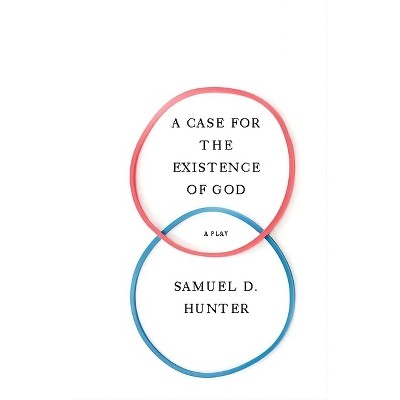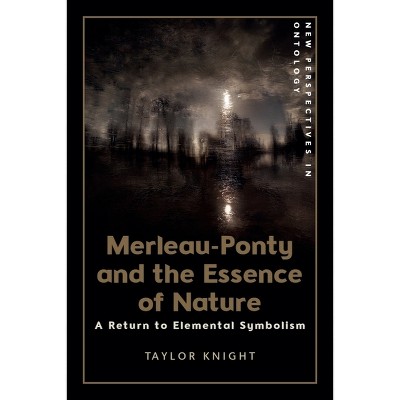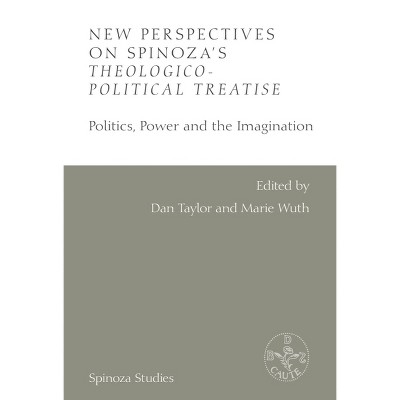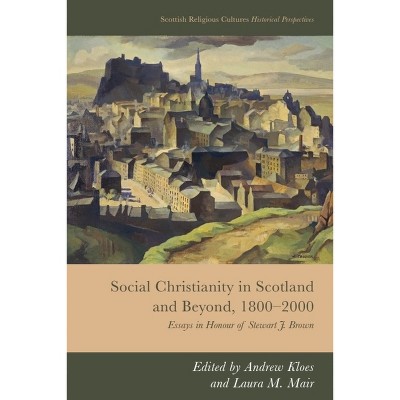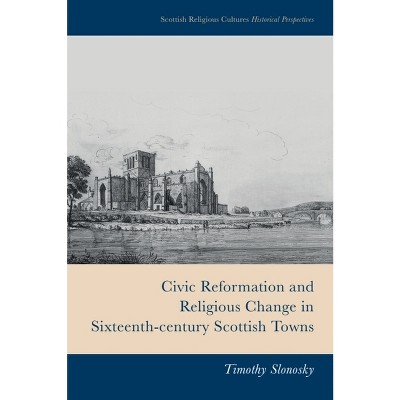Sponsored

Predication and Genesis - (New Perspectives in Ontology) by Wolfram Hogrebe (Paperback)
Pre-order
Sponsored
About this item
Highlights
- Wolfram Hogrebe offers a robust, uncompromisingly metaphysical reading of Schelling's unfinished masterpiece, The Ages of the World, to propose a completely contemporary epistemology.
- Author(s): Wolfram Hogrebe
- 184 Pages
- Philosophy, Individual Philosophers
- Series Name: New Perspectives in Ontology
Description
About the Book
Combines analytic epistemology and German idealism indispensable to today's Schelling revival.Book Synopsis
Wolfram Hogrebe offers a robust, uncompromisingly metaphysical reading of Schelling's unfinished masterpiece, The Ages of the World, to propose a completely contemporary epistemology. By translating Schelling into the language of predicate logic and philosophy of language, Hogrebe also defends its metaphysical claims, equally foregrounding the relevance and challenges that Schelling's work presents to contemporary analytic philosophy. Originally published 35 years ago, Hogrebe's book remains ahead of his time. It masterfully bridges the analytic and continental divide - before most philosophers considered this a possibility - and successfully demonstrates Schelling's contemporary relevance and vitality. Included in this translation is a new author's preface to the English edition, his preface to the Italian translation (2011), an introduction to the philosophical themes of the book by the translators who are prominent Schelling scholars, a Postface by Markus Gabriel, Hogrebe's colleague in Bonn, along with a readers' guide to Hogrebe's major works.
Review Quotes
A lucid translation of a profound and important work. By showing that Schelling can be rewritten in analytic language, Hogrebe exposes the irrationality of the belief that algorithms can duplicate reality. Reason comes to its senses where it recognizes in its own ungrounded ground not just the recalcitrance of the real but the challenge of our freedom.
--Joseph P. Lawrence, Translator of Schelling's Ages of the World (1811)Shipping details
Return details
Frequently bought together

Trending Book Pre-Orders










